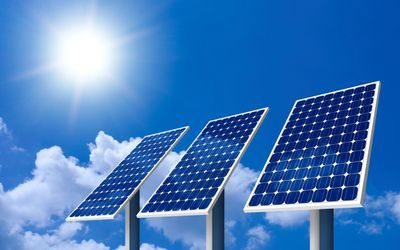
San Francisco-based rooftop installer Sunrun Inc (NASDAQ:RUN) recently participated in a debate in Maine on how to pay for solar power. In spite of long winters and only some solar panels in operation, Maine is becoming a critical state for deciding how users will pay for solar power.
Click Here For More Market Exclusive Updates & Analysis
American solar installations have increased by more than a factor of ten in the last five years. This is partly due to a policy called net metering that mandates utilities to pay their users for additional solar energy obtained from rooftop panels. This has decreased users’ monthly bills and revenue for utilities which have to recover their fixed costs.
Lawmakers in at least 17 US states are now deliberating changes to the economics of rooftop solar power. Maine’s proposal is to substitute net metering with a policy that involves utilities having 20-year contracts with residential solar users. Also rather than paying the retail price as required under present policies, utilities would pay rates assigned by regulators. Alternatively, buyers and sellers could allow the free market to settle on a price as it always does, but this is not being considered.
The debate Maine started after users had installed sufficient rooftop panels to make up 1% of peak demand. Lawmakers directed regulators to work along with solar companies as well as utilities to build alternatives.
Maine is positioned at the bottom third in solar capacity in the US with merely 13 megawatts of installed capacity. However, the state’s move attracted major players. The Alliance for Solar Choice, a US pro-solar group, attended the meetings. Another participant was the utility-industry’s lobbying group the Edison Electric Institute. That resulted in the proposed fresh legislation which debuted in February.
While rooftop panels are relatively common in California and other sunny parts of the US, they are still new areas for regulators. Hence, lawmakers are considering models.
New Hampshire for instance is having another look at net metering. This is because its biggest utility Eversource Energy (NYSE:ES) reached the maximum number for how many users it was mandated to allow into the program. Eversource wants the system to be revamped. The company says the existing system allows solar users to avoid paying their fair amount to maintain electrical infrastructure pushing up prices for others.




